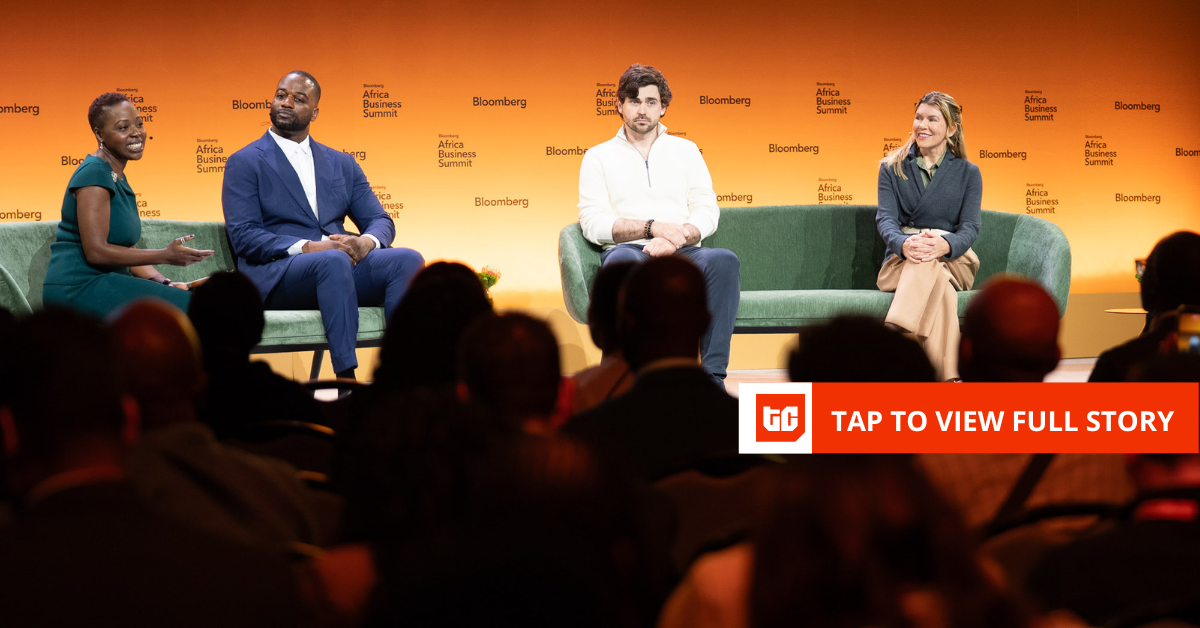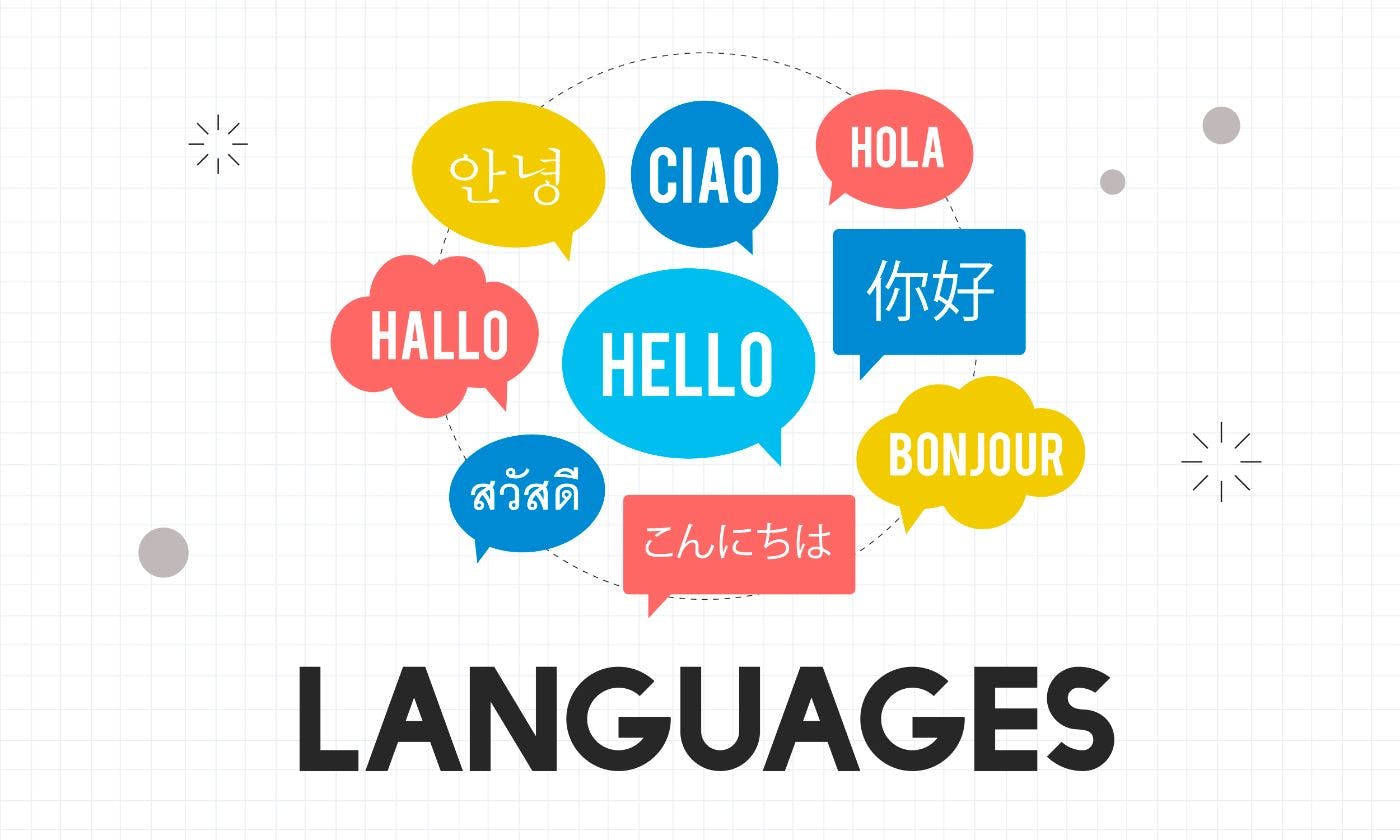Mobile money has long been one of Africa’s most defining and impactful innovations, solving financial access challenges at a scale unmatched anywhere else in the world. But on a panel at the Bloomberg Africa Business Summit on Tuesday, experts said the continent’s next big bets are on artificial intelligence (AI) and stablecoins.
AI and stablecoins are emerging as practical tools to fix long-standing infrastructure problems, from fragmented payments to overstretched public services. Both technologies are accelerating fast enough to redefine how Africans build, pay, trade, and compete globally. The question is no longer whether Africa will adopt them, but whether the solutions powering this transition will be built in Africa, for Africa. As momentum grows, experts warn that the continent must shape these technologies to fit local realities, not just consume what is built elsewhere.
Emmanuel Lubanzadio, Africa Lead at OpenAI, noted that “AI should be as common as electricity or the internet”. Lubanzadio said OpenAI is pushing for contextual adoption, partnering with African institutions like the University of Lagos to train talent and build applications grounded in local realities. Early use cases span from maternal health to agriculture productivity and creative industries.
In 2024, stablecoins facilitated over $27.6 trillion in global transfers, surpassing Visa and Mastercard combined. Africa is emerging as a key player in this shift. Sub-Saharan Africa accounts for 43% of all crypto transaction volume, with Nigeria and South Africa at the forefront, with countries like Ghana and Kenya also among the top adopters in Africa, and are in the global top 20.
The appeal of stablecoins lies in their ability to fix the user experience of the US dollar, which, despite its global importance, has slow transaction times, high fees, and a reliance on complex intermediary systems like SWIFT and correspondent banking networks.
Chris Maurice, CEO of Yellow Card, said stablecoins are solving real-world payment challenges and enabling direct trade with China, Africa’s largest trading partner. “Stablecoins are expected to drive greater intra-African trade and connections with other emerging markets as money can go straight through, simplifying transactions that traditionally would route through global financial hubs like New York.”
“A bank refusing to adopt online banking 20 years ago would cease to exist today. Similarly, financial institutions that fail to embrace stablecoins risk becoming obsolete,” said Maurice.
Bridging fragmentation with innovation
Africa’s markets remain deeply fragmented, but that is precisely where the opportunity lies. Lexi Novitske, General Partner at Norrsken22, a growth fund backed by 35 unicorn tech founders, sees AI as the connective tissue that can streamline inefficiencies and enable businesses to scale. “Those fragmented systems will rapidly not become the main point on which we transact money; it will be faster, cheaper, less fraud, and more transparent.” For AI, she sees a crucial role in “plugging all of this fragmented market friction together to allow businesses to operate much more efficiently.”
On the critical issue of infrastructure and regulation, panelists noted that, rather than speed, the solution lies in introducing legislation that “enables innovation” while also considering safety. Maurice echoed this, warning against “over-regulating before we feel this is going to play out,” citing China and the US’s approach. “If you open up regulations and enable that innovation to happen locally, the next Google can be an African company.”
Novitske explained why Africa is a prime target for tech investment. “The friction still exists,” she noted, “and how digital tools are now opening that up, that is exactly where the market opportunity is for tech solutions.” Norrsken22’s backers, part of an international network, see Africa as the next growth market, aiming to promote homegrown success stories while using international learnings to build the next generation of billion-dollar tech giants.
With stablecoins already making significant inroads and AI poised to transform various sectors, the continent’s ability to not just adopt, but uniquely adapt these technologies, will determine its trajectory in the global tech landscape. Panelists noted that the opportunities are immense, and with the right approach to innovation and regulation, the next global tech giants could very well emerge from African soil.










